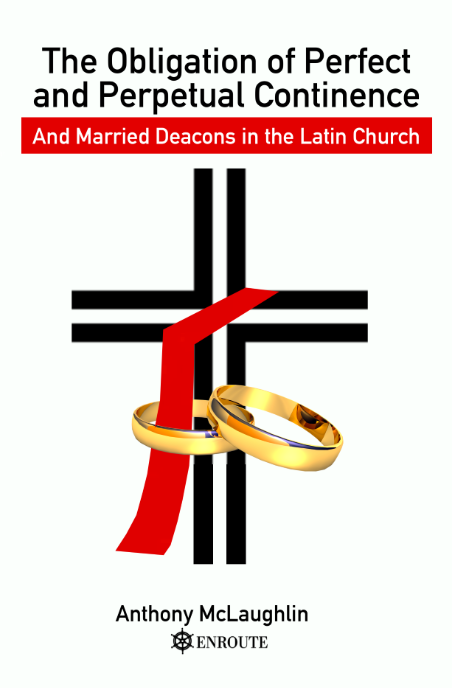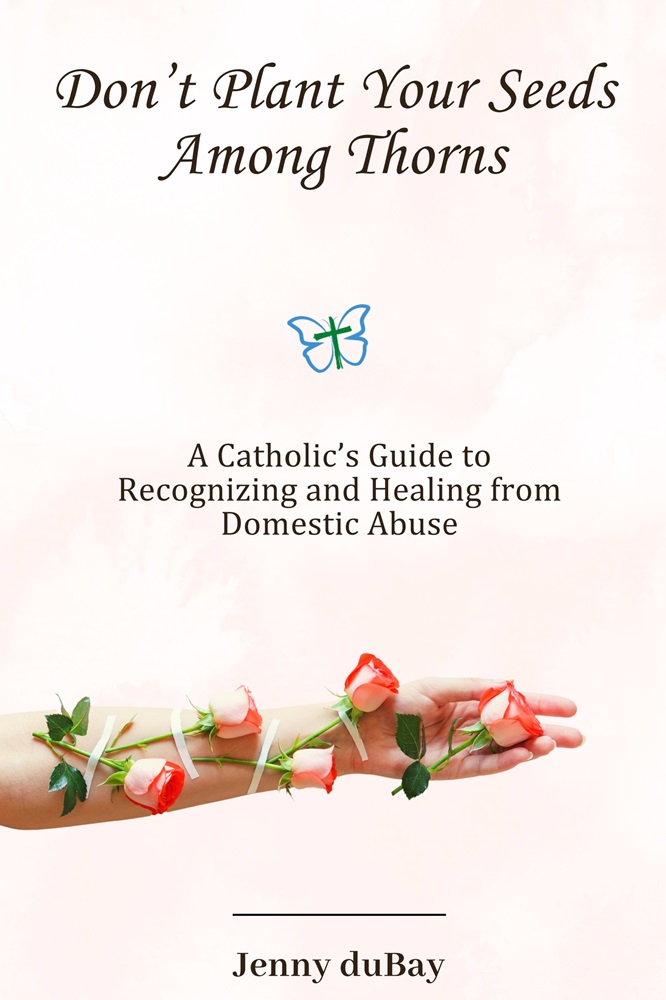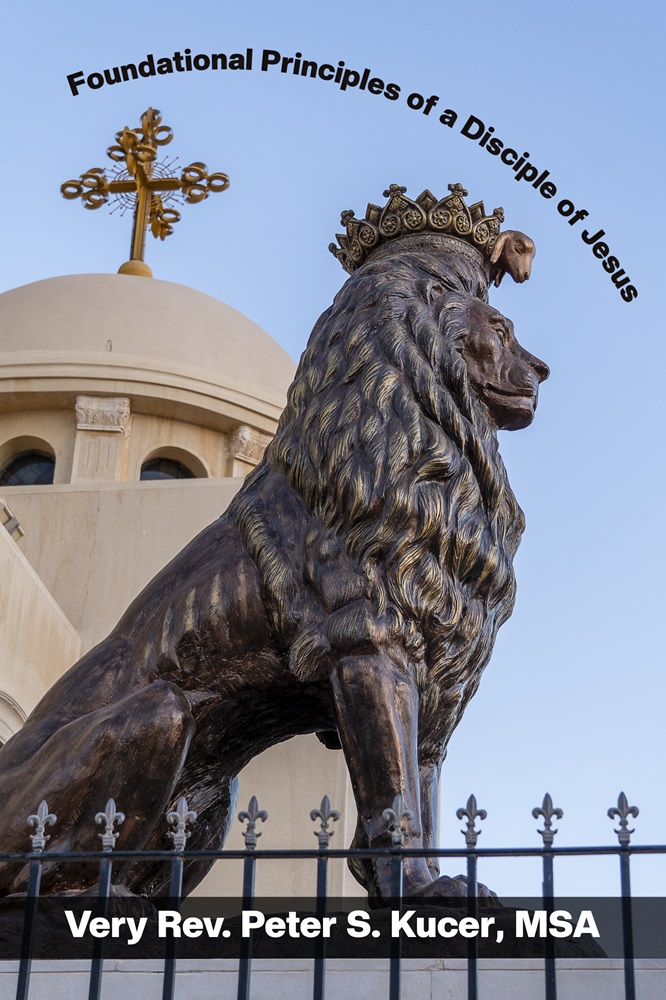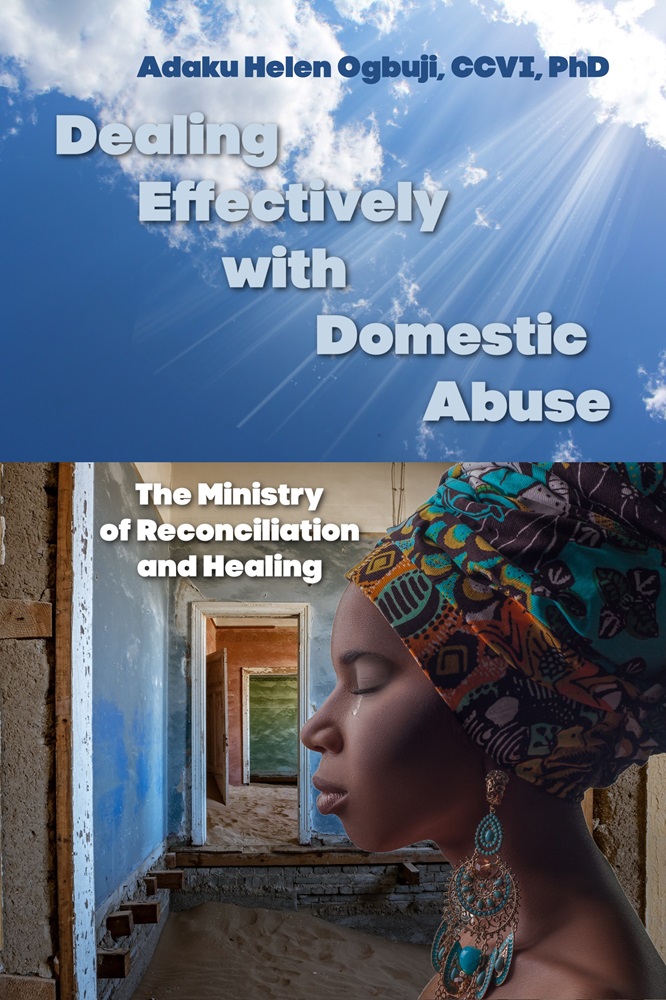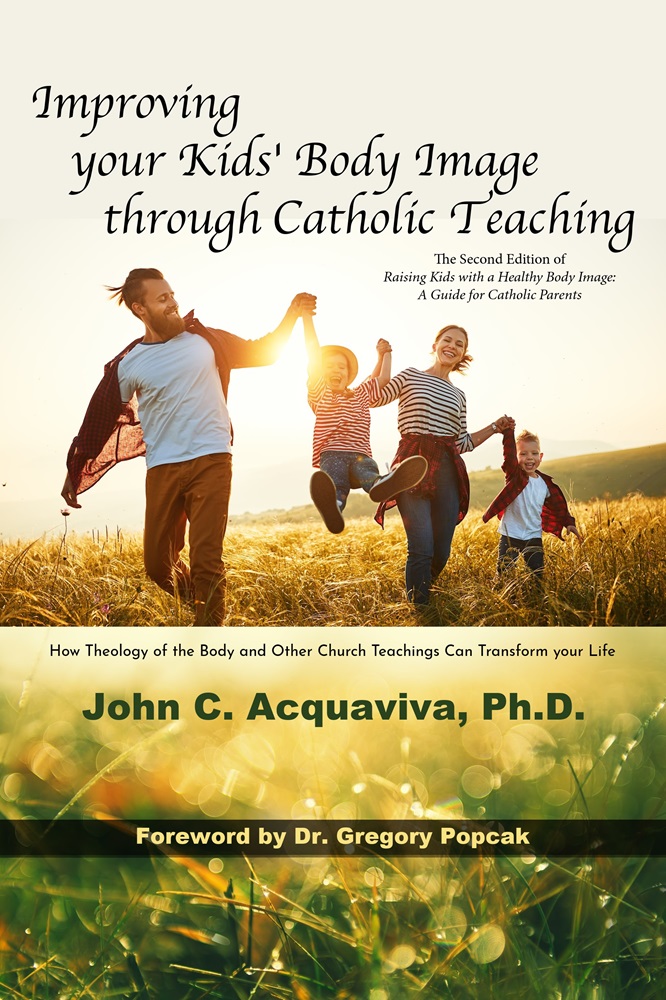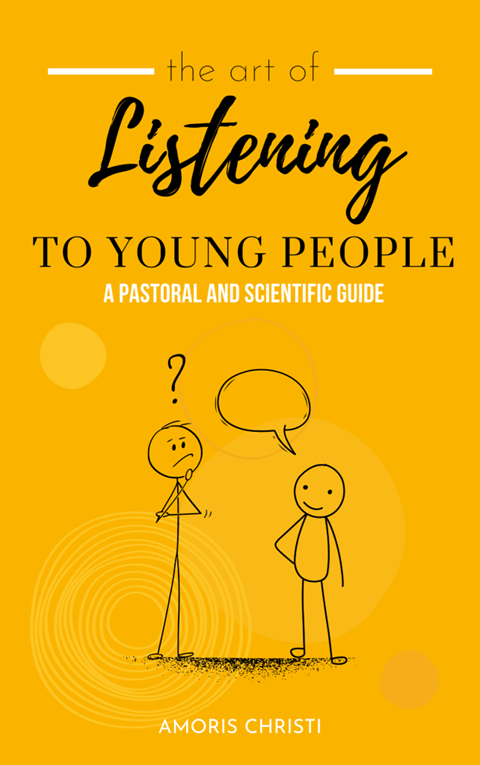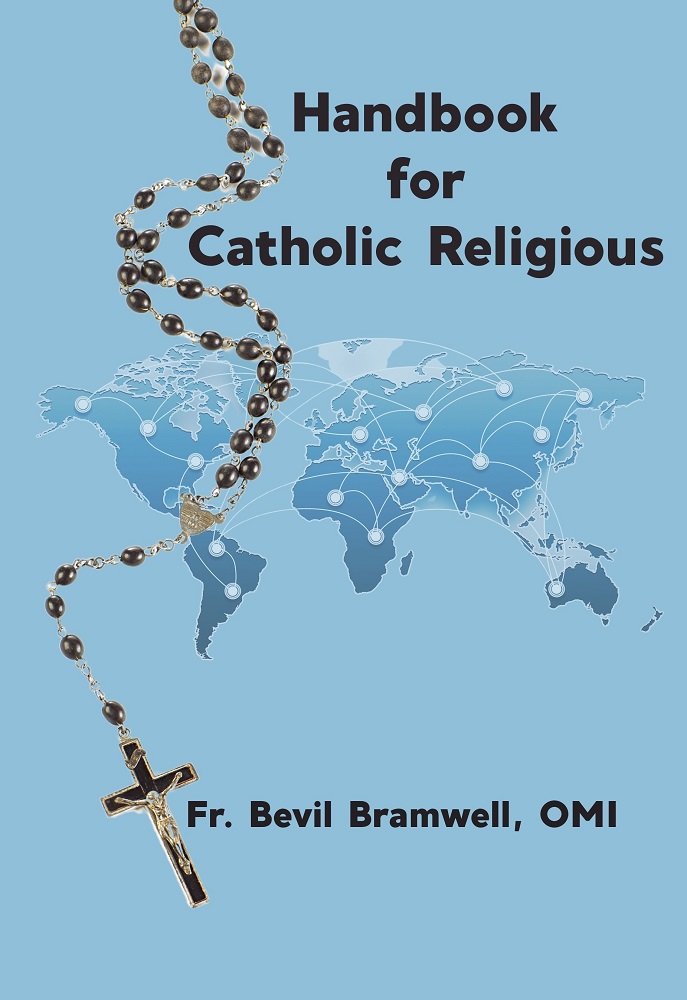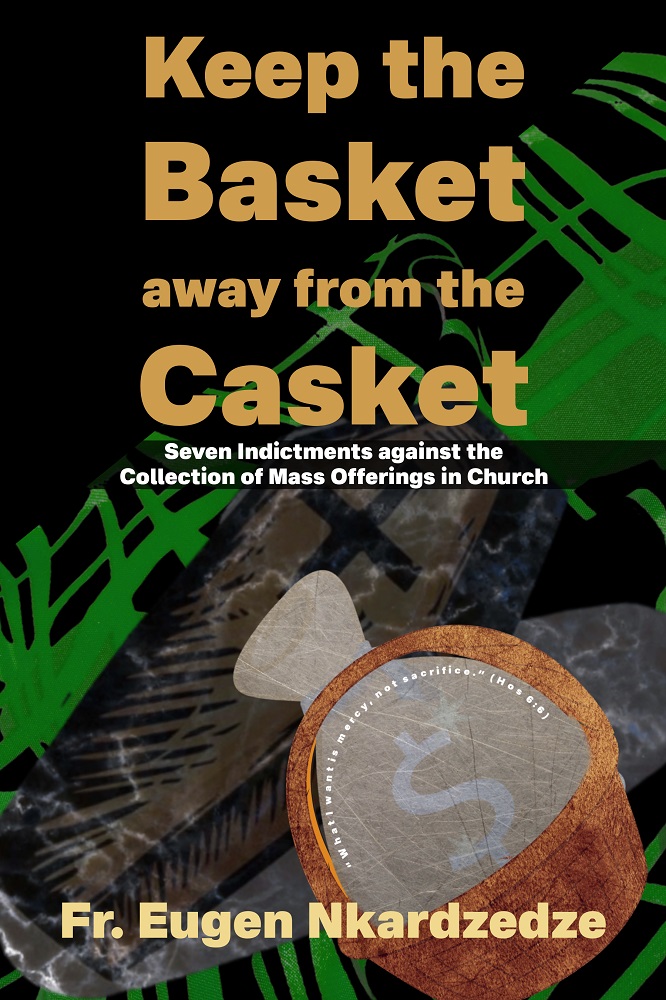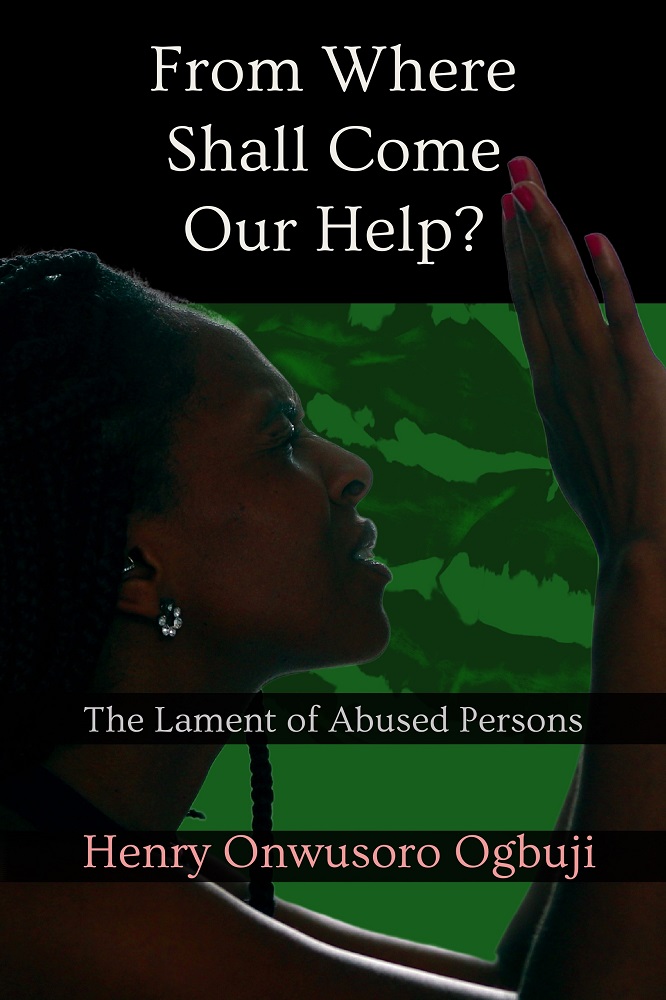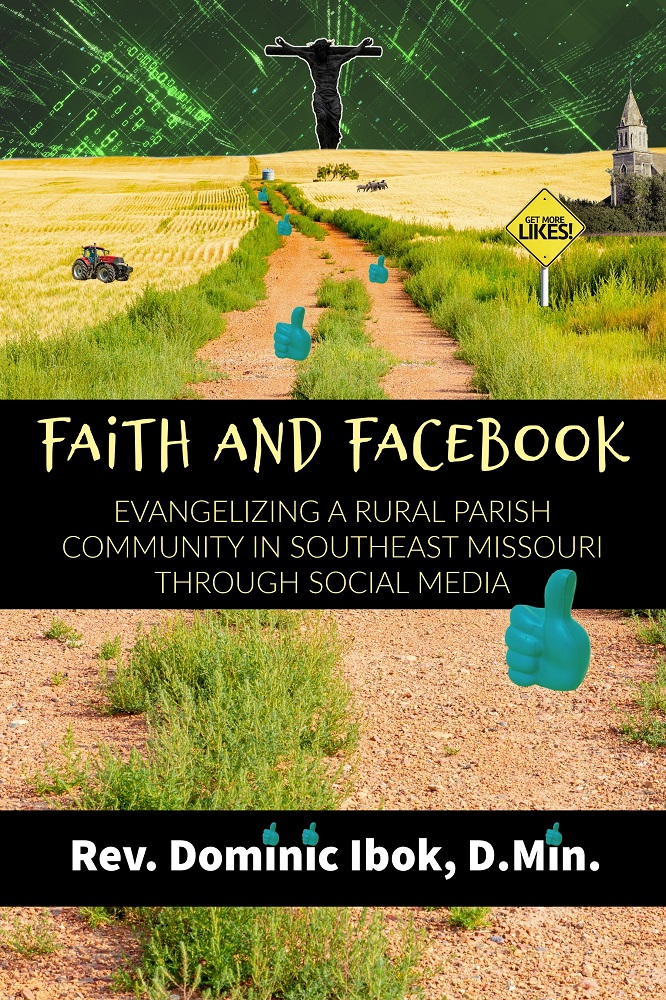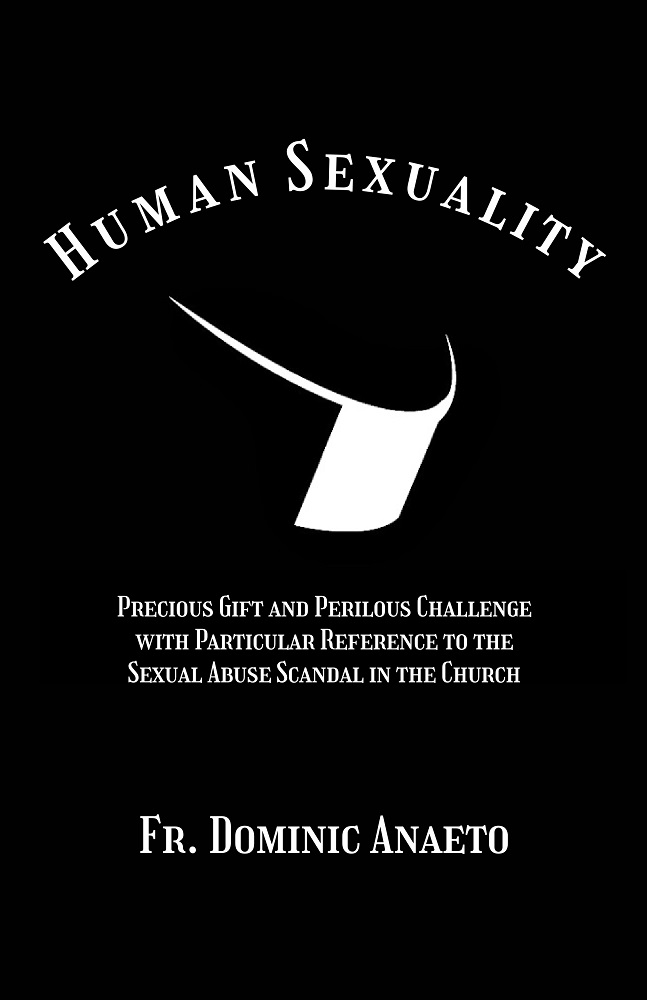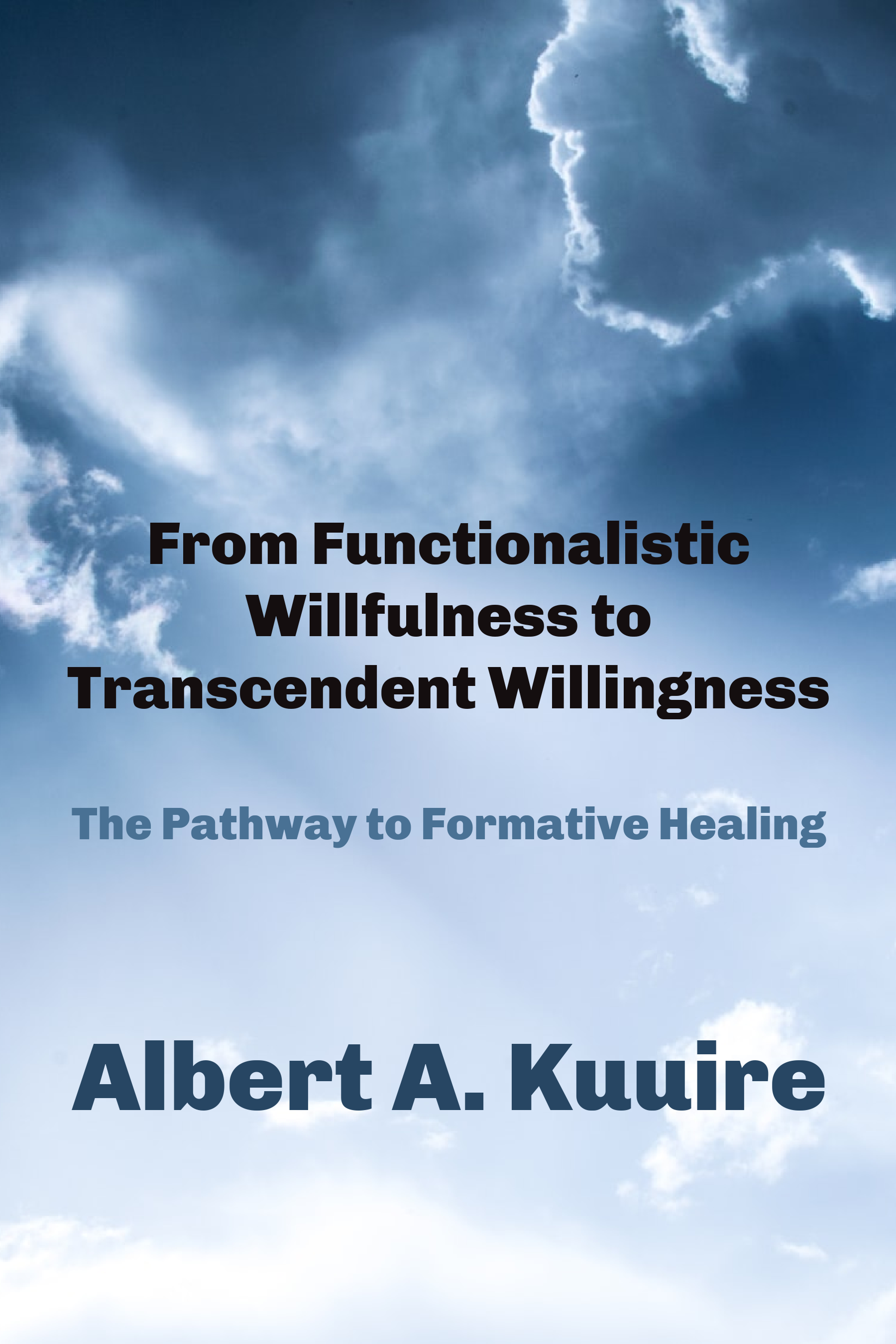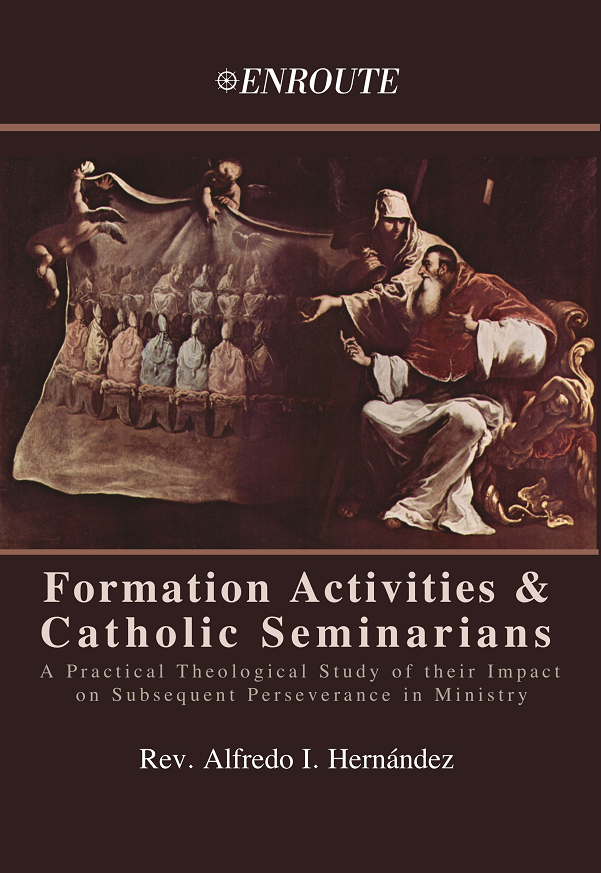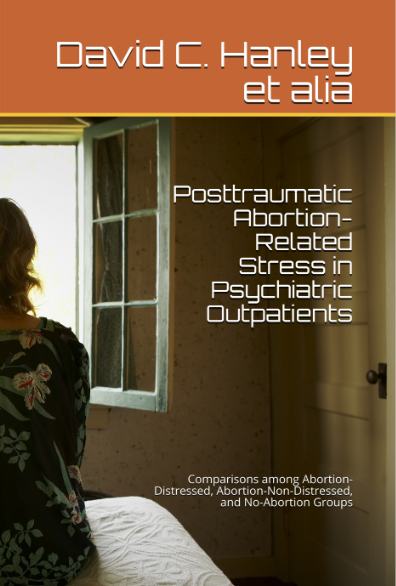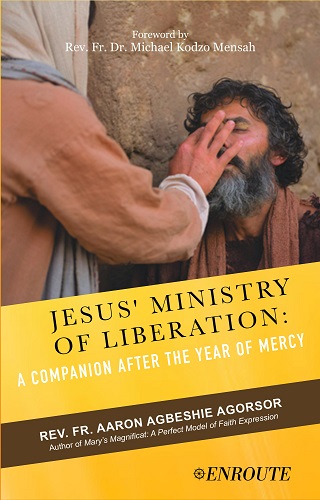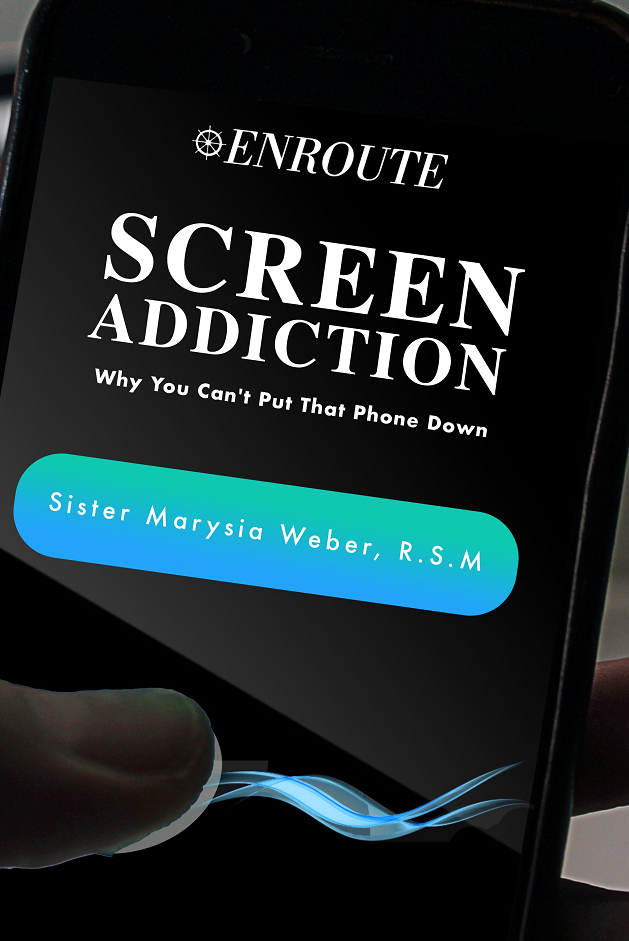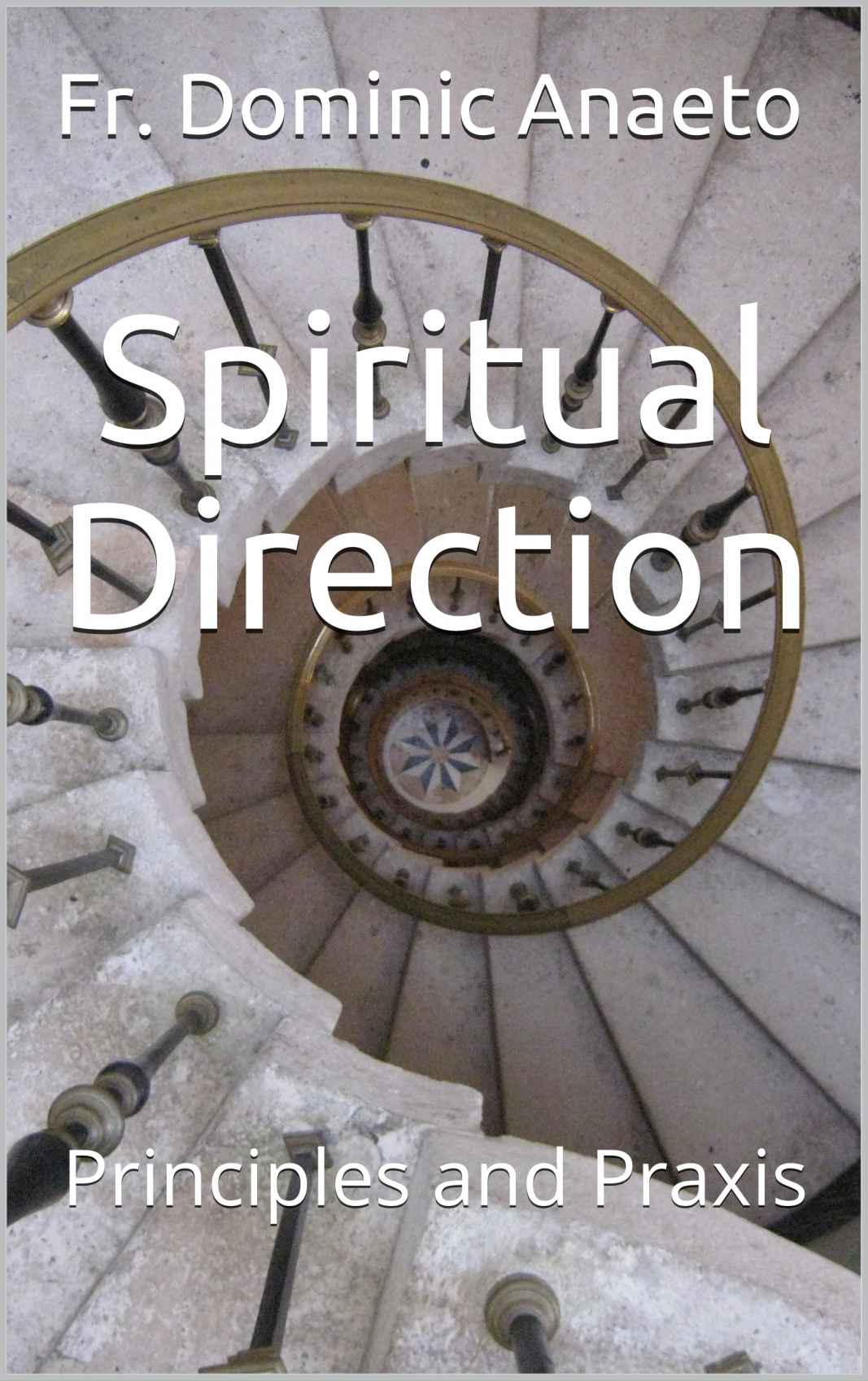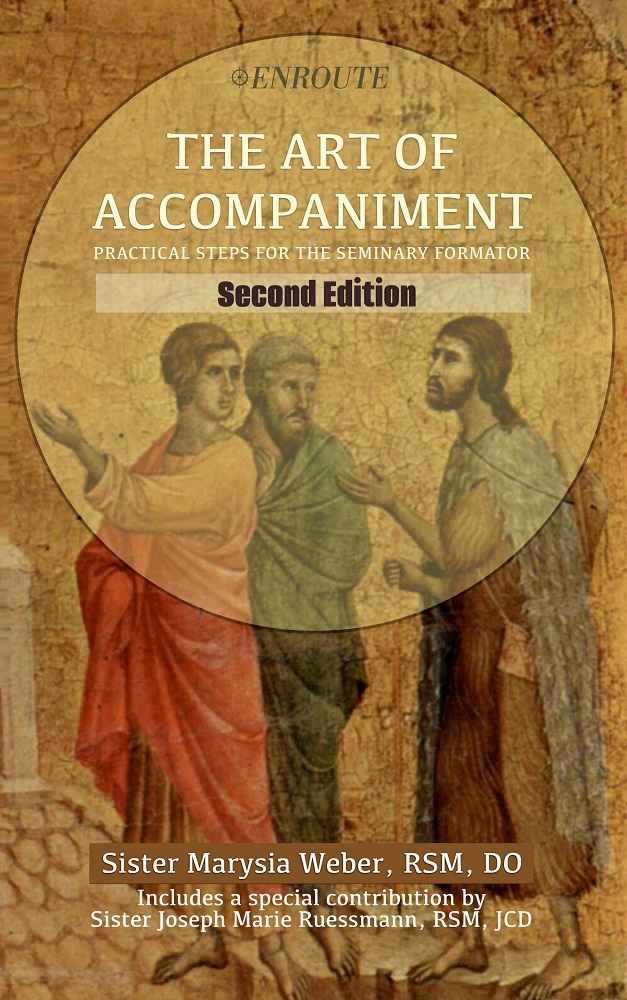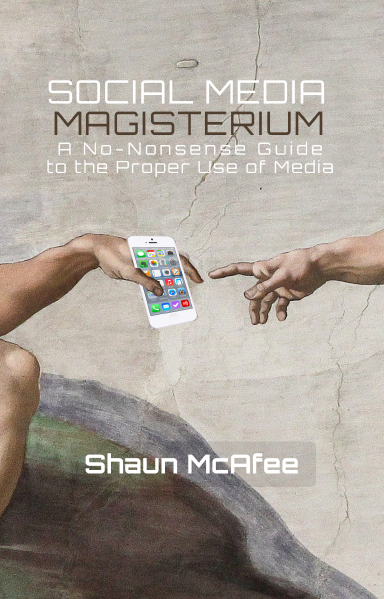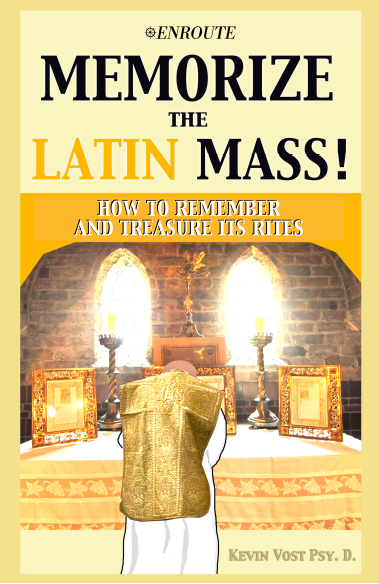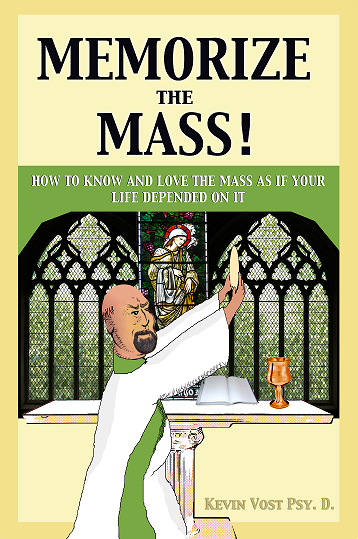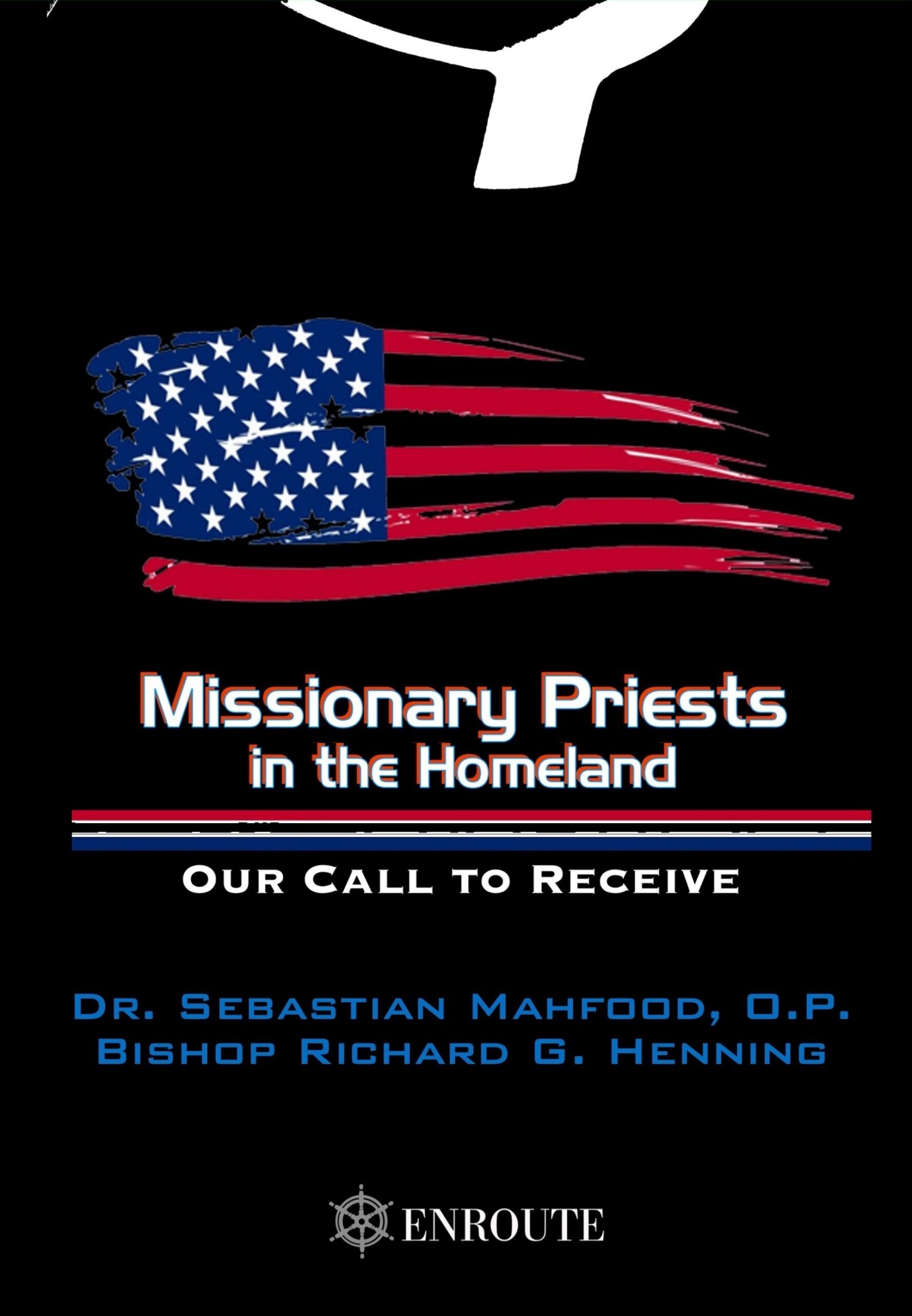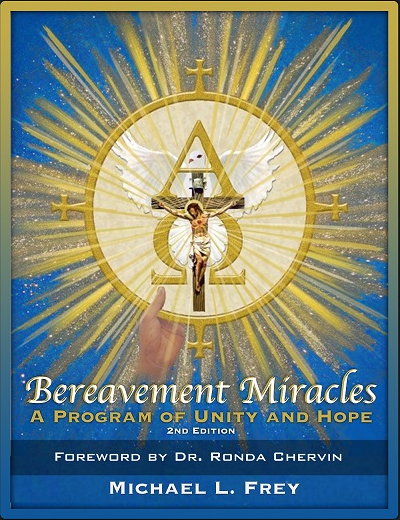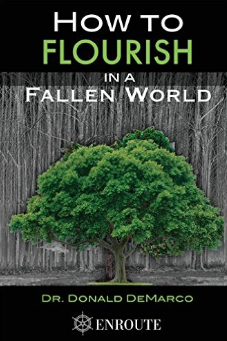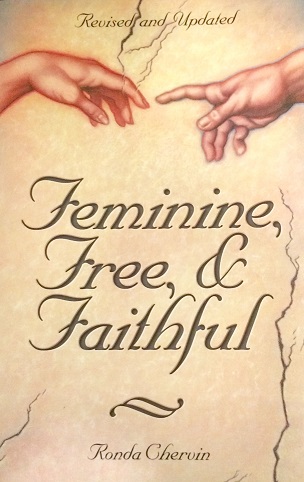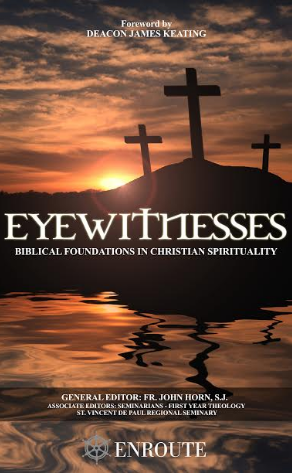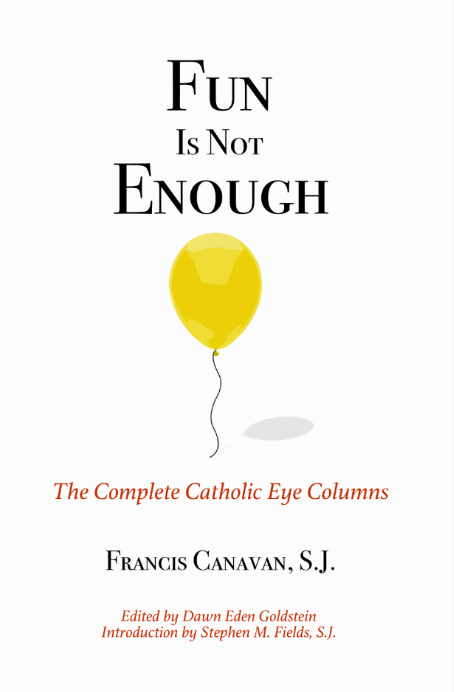The Obligation of Perfect and Perpetual Continence and Married Deacons in the Latin Church
by Rev. Anthony McLaughlin, J.C.D.
Through the reception of diaconate a man becomes a cleric. Canon 277 §1 states: “Clerics are obliged to observe perfect and perpetual continence for the sake of the kingdom of Heaven and therefore are bound to celibacy….” Accordingly, it would seem that clerics have two distinct obligations: sexual continence (no sexual relations) and celibacy (no marriage) with continence presented as the fundamental norm. With the restoration of the permanent diaconate by Paul VI in 1967 and the admission of married men to this order, a fundamental question arises: “Are married deacons, though dispensed from the obligation of celibacy, unless their wife dies, obliged to observe perfect and perpetual continence?” This book addresses that question.
Paperback: $19.95 | Kindle: $9.99
REVIEWS
A Review of Father Anthony McLaughlin’s The Obligation of Perfect and Perpetual Continence And Married Deacons in the Latin Church by Fr. Peter Stravinskas, The Catholic Response (Nov.-Dec. 2018), p. 60.
Father McLaughlin delves into a history not frequently trod as he demonstrates, rather conclusively, that in the Early Church deacons were held to perfect continence (even if they were married). Indeed, I have always maintained that the consent of wives during the ordination of permanent deacons is a relic of the ancient practice, whereby wives publicly agreed to the future continence of their husbands (and thus, their own). I suspect that not a few permanent deacons will not be thrilled with this work, however, it is an important contribution to the history of this office, with serious implications for how that vocation ought to be lived today.
A Review of Father Anthony McLaughlin’s The Obligation of Perfect and Perpetual Continence And Married Deacons in the Latin Church by Deacon Marty McIndoe
As a Permanent Deacon ordained in 1980, I was intrigued by the title of this work. I knew that perpetual continence meant abstaining from all sexual relations, and nowhere in my training as a deacon was I told that was an obligation. I have been happily married for 49 years, and sexual intimacy has been a very important part of my relationship to my wife. I would find it hard to believe that the Church would ever mandate that a married deacon be continent. If that were the case, I would never have considered becoming a deacon. I do realize that by becoming a married permanent deacon, I was taking on the obligation of celibacy if my wife were to die. I thought hard about that, and felt that hopefully it wouldn’t happen, and if it did, I would have the grace to do what I was obliged to do. I see practical and spiritual reasons for celibacy. I see no practical or even spiritual reasons for continence in a happily married young couple. I was one of the youngest members of my class to be ordained. I was dispensed of the 35-year-old requirement and was ordained at age 33. I have been ordained for almost 38 years, and I absolutely love my ministry as deacon. My wife is a big help in my ministry and I give thanks for the gift that she is to me and to my vocation as a deacon.
I received an advanced e-copy of this book and was asked to read and review it. As soon as I saw the title, I knew that I wanted to. I found this work to be extremely interesting and exceptionally well-researched. The book spends a considerable amount of time looking at how celibacy, chastity and continence developed in the Church from the New Testament times to the present day. It refers back to scriptures, traditions, early church writers, modern theologians, council documents and canon law. It is probably the most thorough writing on celibacy, chastity, and continence that I have ever encountered. If you want to know more about the Church’s development of the concepts of chastity, celibacy and continence, this is the book to read. It also deals with related issues such as marriage and procreation.
After reading this piece, I see that there still exists more clarification needed from the Church on what she did in making permanent married deacons. There is no doubt that ordaining married deacons has been a great benefit to the Church. The fruits of this can be seen in so many places. However, this is a big diversion from the traditional norms of the Church concerning celibacy, chastity, and continence. Having married clergy who are not continent is something quite new, at least on the scale of the current permanent diaconate. Married clergy is not new to the Church, but they have previously been required to be continent. Even the latest canon law is unclear and in at least one place seems to mandate that permanent deacons remain continent. This is not what is presently taught and practiced and apparently not what the Vatican Council seems to have meant in creating the married permanent diaconate. It is an intriguing quandary.
I would certainly recommend that anyone who is interested in looking at the development of celibacy, chastity and continence within the Church read this book. I also believe that permanent deacons would especially be interested in this book. Since considerable amount of time is spent on canon law, I would think that anyone interested in, or studying canon law should read this book.
TESTIMONIALS
“Fr. Anthony’s book is a great help in understanding the commitment being made by those who answer the call to the permanent diaconate. — Fr. Luis Luna, MSA, General Animator of the Missionaries of the Holy Apostles
ABOUT THE AUTHOR
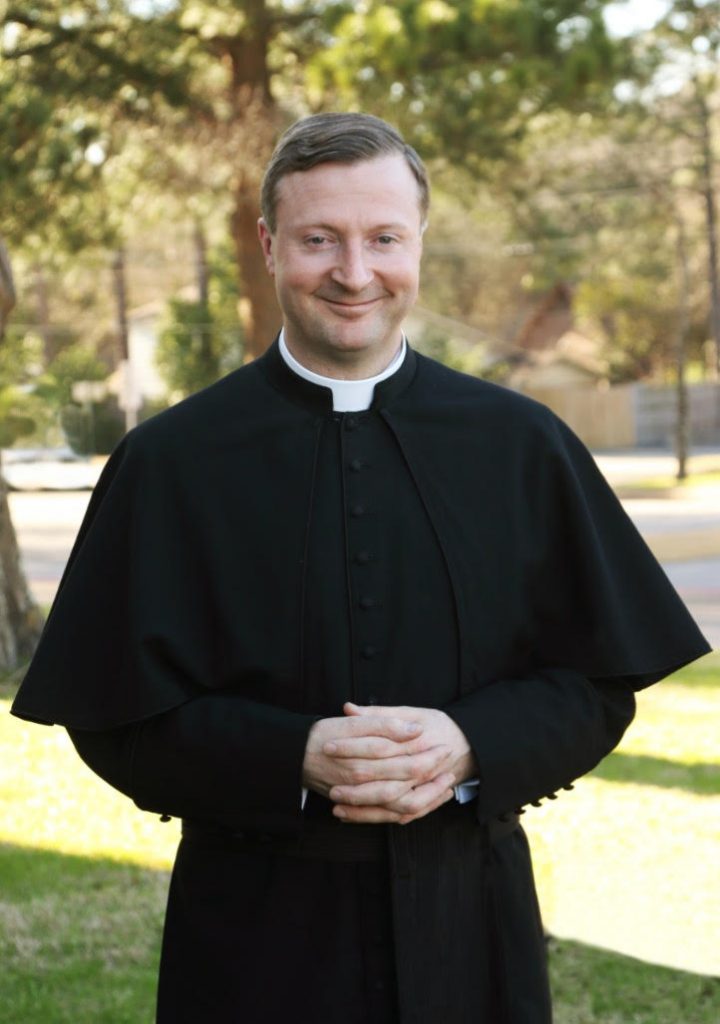 Rev. Anthony McLaughlin, J.C.D., a native of Belfast, Northern Ireland, has served Holy Apostles as its Vice Rector and as Professor of Canon Law and Homiletics since 2017.
Rev. Anthony McLaughlin, J.C.D., a native of Belfast, Northern Ireland, has served Holy Apostles as its Vice Rector and as Professor of Canon Law and Homiletics since 2017.
Fr. McLaughlin was ordained to the priesthood for the Diocese of Tyler, TX, in 1997 and most recently served as Vicar General of the diocese and President of Tyler’s Bishop Gorman Catholic School.
He previously served as Rector of the Cathedral of the Immaculate Conception in Tyler, Judicial Vicar of the diocese, judge of the diocesan tribunal and Defender of the Bond.
During the 2014-2015 academic year, Fr. McLaughlin returned to CUA as assistant professor of Canon Law and director of the Institute on Matrimonial Tribunal Practice.
OTHER PRACTICAL THEOLOGY BOOKS
Don’t Plant Your Seeds Among Thorns: A Catholic’s Guide to Recognizing and Healing from Domestic Abuse
Don't Plant Your Seeds Among Thorns: A Catholic's Guide to Recognizing and Healing from Domestic Abuse By Jenny duBay In this book, Jenny duBay helps survivors of intimate partner violence identify their situation and begin to heal. With empathy and compassion, she...
Foundational Principles of a Disciple of Jesus by Very Rev. Peter Samuel Kucer, MSA
Foundational Principles of a Disciple of Jesus by Very Rev. Peter Samuel Kucer, MSA These foundational principles were written with the intention of delineating how to be a faithful, healthy, charitable, and truthful disciple of Jesus. Each one is intended to be...
Dealing Effectively with Domestic Abuse: The Ministry of Reconciliation and Healing by Sr. Helen Adaku Ogbuji, CCVI
Dealing Effectively with Domestic Abuse: The Ministry of Reconciliation and Healing By Sr. Adaku Helen Ogbuji, CCVI, PhD "Husbands, love your wives, as Christ loved the church and gave himself up for her" (Eph 5:25). This work examines the different faces of violence...
Improving your Kids’ Body Image through Catholic Teaching: How Theology of the Body and Other Church Teachings Can Transform your Life by John Acquaviva
Improving your Kids' Body Image through Catholic Teaching: How Theology of the Body and Other Church Teachings Can Transform your Life The Second Edition of Raising Kids with a Healthy Body Image: A Guide for Catholic Parents by Dr. John C. Acquaviva Improving your...
The Art of Listening to Young People: A Pastoral and Scientific Guide
The Art of Listening to Young People: A Pastoral and Scientific Guide by Amoris Christi Listening is a form of encounter that allows us to be with another person, to see through their eyes, and to journey with them. The Art of Listening to Young People uniquely blends...
Handbook for Catholic Religious by Fr. Bevil Bramwell, OMI
Handbook for Catholic Religious by Fr. Bevil Bramwell, OMI Reflecting on the theology of the presence of Christ in the world, particularly from the point of view of the aesthetics of religious life as understood from the writings of Hans Urs von Balthasar, John Paul...
Keep the Basket away from the Casket: Seven Indictments against the Collection of Mass offerings in Church
Keep the Basket away from the Casket: Seven Indictments against the Collection of Mass Offerings in Church by Fr. Eugen Nkardzedze Keep the Basket away from the Casket not only poses a challenge to the acquisition and use of money in the Church, but it also offers a...
From Where Shall Come Our Help? The Lament of Abused Persons by Henry Ogbuji
From Where Shall Come Our Help? The Lament of Abused Persons by Henry Onwusoro Ogbuji This work of practical theology offers an alternative framework for addressing the global phenomenon of domestic violence, putting on the table a transformative, compassion-praxis,...
Adicción a la Pantalla: Por Qué no Puedes Colgar ese Teléfono
Adicción a la Pantalla: Por Qué no Puedes Colgar ese Teléfono por Sor Marysia Weber, RSM ¿Alguna vez ha sentido la urgencia irresistible de revisar sus mensajes de texto, publicaciones en los medios sociales o sus emails cada vez que su celular suena? ¿Está aumentando...
Faith and Facebook
Faith and Facebook: Evangelizing a Rural Parish Community in Southeast Missouri through Social Media by Fr. Dominic Ibok, D.Min. In Southeast Missouri, where Catholics are a minority, the challenge of diminishing participation and reduced membership requires an...
Human Sexuality
Human Sexuality: Precious Gift and Perilous Challenge with Particular Reference to the Sexual Abuse Scandal in the Church by Fr. Dominic Anaeto We live in an age when our sexuality speaks loudly and clamors for attention, so it is good that celibate men and women, and...
From Functionalistic Willfulness to Transcendent Willingness by Msgr. Albert Kuuire
From Functionalistic Willfulness to Transcendent Willingness: The Pathway to Formative Healing by Msgr. Albert Kuuire Msgr. Albert Kuuire explains that the formative healing of all life-threatening illness may be expedited through submission of the subject's...
Formation Activities and Catholic Seminarians by Rev. Alfredo I. Hernandez
Formation Activities and Catholic Seminarians: A Practical Theological Study of their Impact on Subsequent Perseverance in Ministry by Rev. Alfredo I. Hernández What can we seminary formators, bishops, and others involved in the formation of seminarians do to help the...
Posttraumatic Abortion-Related Stress in Psychiatric Outpatients
CONGRATULATIONS! Posttraumatic Abortion-Related Stress in Psychiatric Outpatients is the third place winner in the 2021 Catholic Media Book Awards category of "Life and Dignity of the Human Person." Women who were helped by the Pine Rest Study showed up at the late...
Jesus’ Ministry of Liberation: A Companion after the Year of Mercy
Jesus’ Ministry of Liberation: A Companion after the Year of Mercy Fr. Aaron Agorsor (With a Foreword written by Rev. Fr. Dr. Michael Kodzo Mensah) This book offers hope both to those in ministry and to those being ministered to. In the image depicting Jesus’...
Screen Addiction: Why You Can’t Put that Phone Down
Screen Addiction: Why You Can't Put That Phone Down by Sister Marysia Weber, RSM Have you ever had an irresistible urge to check your texts, social media posts or email updates when your cell phone rings, beeps or buzzes? Is the amount of time spent on your cell phone...
Spiritual Direction: Principles and Praxis, authored by Fr. Dominic Anaeto
Spiritual Direction: Principles and Praxis by Fr. Dominic Anaeto When Pope Benedict XVI called for the year of faith (October 11, 2012, until November 24, 2013), he invited the people of God to seek spiritual direction, for even the most devout Catholics have...
The Art of Accompaniment: Practical Steps for the Seminary Formator by Sister Marysia Weber, RSM
The Art of Accompaniment: Practical Steps for the Seminary Formator (2nd Edition) by Sister Marysia Weber, RSM The role of a seminary formator is to accompany the seminarian in the external forum and to discern with him, the seminary community, and larger Church...
Social Media Magisterium: A No-Nonsense Guide to the Proper Use of Media, authored by Shaun McAfee
Social Media Magisterium: A No-Nonsense Guide to the Proper Use of Media by Shaun McAfee The positive influence of the media, new and old, is seen through the expansion of Catholic networks that span over 150 countries, and more, allowing the gospel and Christian...
Memorize the Latin Mass! How to Remember and Treasure its Rites, authored by Kevin Vost, Psy.D.
Memorize the Latin Mass! by Kevin Vost, Psy.D. In Memorize the Latin Mass! Dr. Kevin Vost harnesses the powerful memory methods of Sts. Albert the Great and Thomas Aquinas to help readers learn and remember all the parts and rites of the Traditional Latin...
Memorize the Mass!: How to Know and Love the Mass as if your Life Depended on It
Memorize the Mass!: How to Know and Love the Mass as if your Life depended on It by Dr. Kevin Vost A downed U.S. fighter pilot survived nearly eight years in a brutal North Vietnamese POW camp by repeating the Mass to himself each day, in Latin and in English. A...
Taming the Lion Within: 5 Steps from Anger to Peace
Taming the Lion Within: 5 Steps from Anger to Peace by Dr. Ronda Chervin Five steps to help people overcome uncontrolled or over-reactive anger. Steps include admitting being angry person: identifying the anger: physical, psychological and spiritual perspectives about...
Missionary Priests in the Homeland: Our Call to Receive
Missionary Priests in the Homeland: Our Call to Receive by Dr. Sebastian Mahfood, OP, and Bishop Richard Henning International priests have served the Roman Catholic Church in the United States since its inception. With congregations consisting largely of immigrants...
Bereavement Miracles
Bereavement Miracles by Michael Frey The Bereavement Miracles program was designed to play a quintessential role in evangelizing the “spirit of mission” to individuals who are suffering from the death of a loved one by relating eternal realities in a systematic...
How to Flourish in a Fallen World
How to Flourish in a Fallen World by Dr. Donald DeMarco How to Flourish in a Fallen World, by Donald DeMarco, engages the reader in an understanding of our common human nature and the problems it faces in a culture that actively pursues, to put it in Saint John Paul...
Feminine, Free and Faithful
Feminine, Free and Faithful by Dr. Ronda Chervin Should women be feminine and forget about liberation? Or should they reject femininity as a euphemism for slavery? Women seeking fulfillment, says Chervin, aren’t faced with this either-or, but with the challenge to be...
Eyewitnesses: Biblical Foundations in Christian Spirituality
Eyewitnesses: Biblical Foundations in Christian Spirituality – Ed. by Fr. John Horn, S.J. St. Paul prays with ardent desire that “the eyes of our understanding would be enlightened, that we might know what is the hope of the risen Jesus’ calling, and what are the...
Fun is Not Enough
Fun is Not Enough by Fr. Francis Canavan, SJ Fun Is Not Enough collects all the prophetic insights catholic eye readers loved, so that Canavan may inspire a new generation with his contributions to contemporary debates on religious and political liberty, the dignity...
